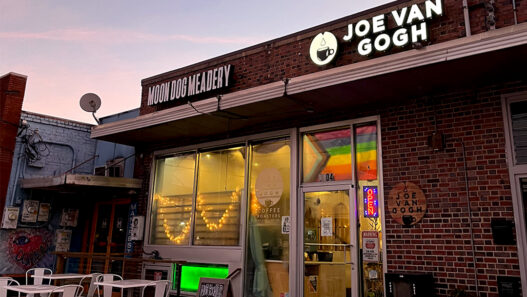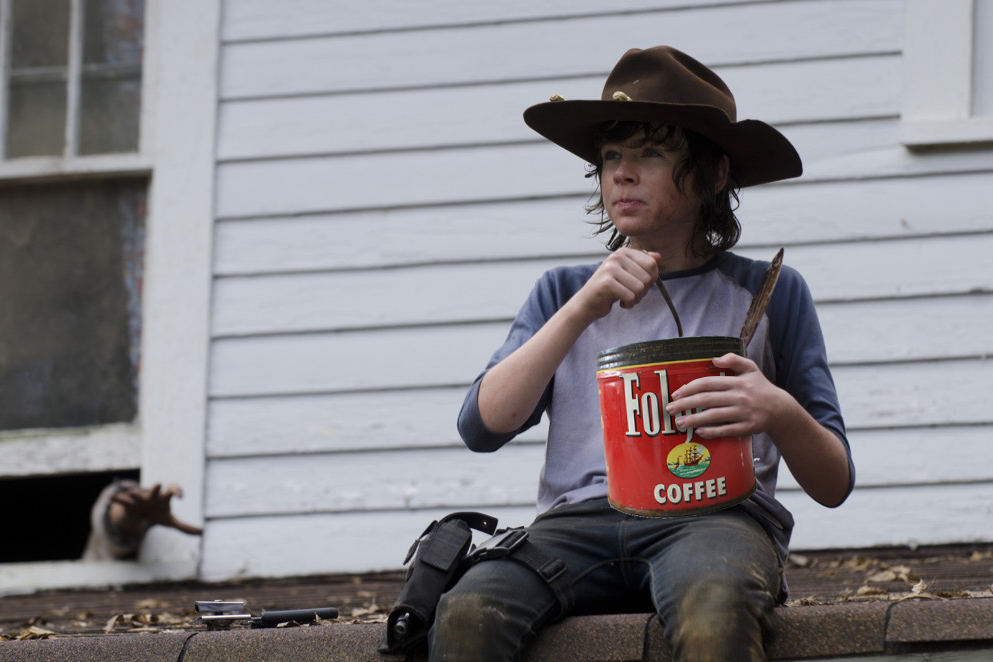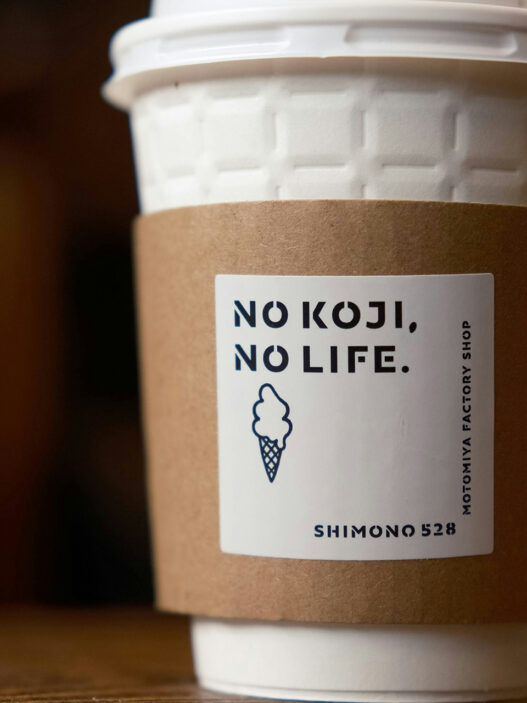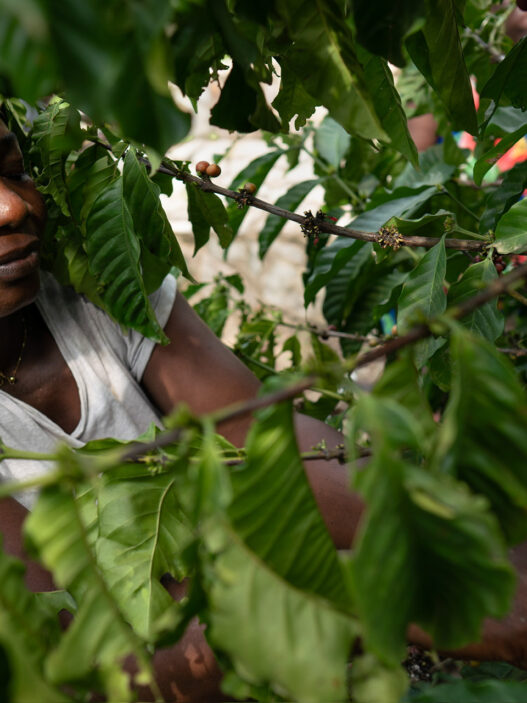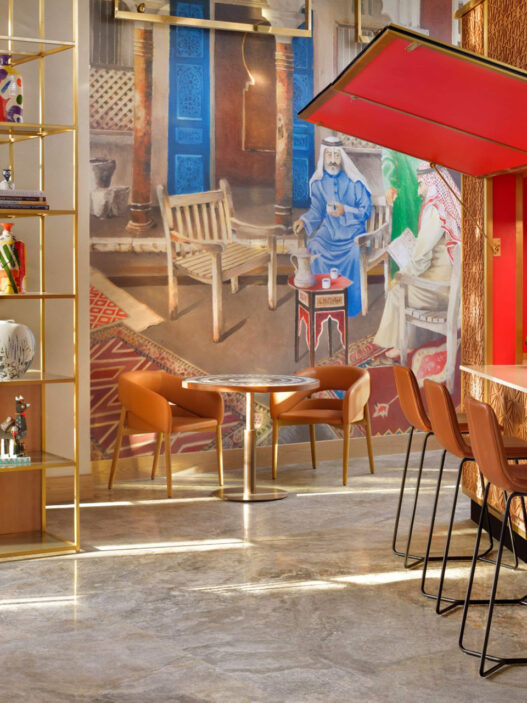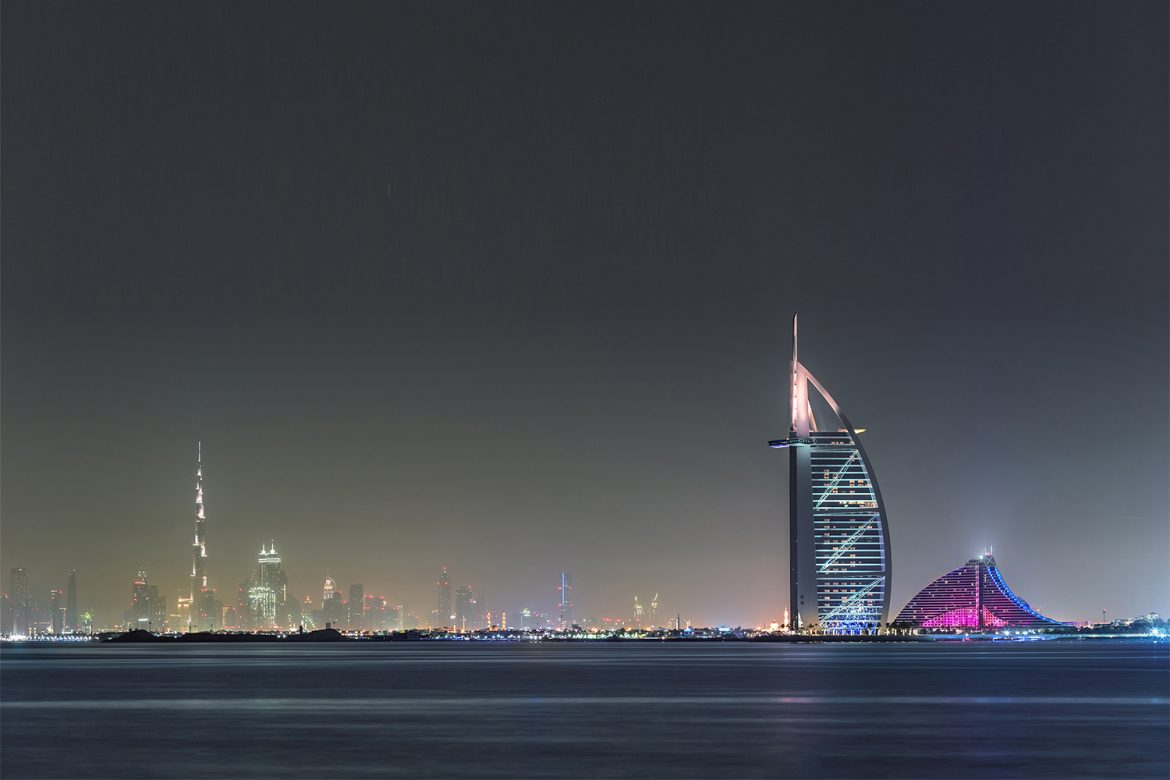
In November, the Specialty Coffee Association rocked the coffee world with the announcement that three major world coffee competitions would remain in Dubai this year, despite the numerous protests of the global coffee community—especially those who are LGBTQIA+ or allies. As an amendment to their initial rollout of Dubai as event location, SCA officials added the Deferred Candidacy Policy, which allows candidates to defer to another year if they cannot attend world competitions for reasons of safety, health, or unforeseeable circumstances, pending approval from World Coffee Events‘ World Championships Committee—the details of which have yet to be released to the public.
Widely criticized in the coffee community, this decision and accompanying policy have led many across the world to reconsider their involvement with SCA and competitions—including a decision from the SCA Canada Chapter not to send their national competitors to Dubai in 2018. While a vocal minority have sought to characterize protests of the choice of Dubai and the accompanying Deferred Candidacy Policy as a US-centered phenomenon rooted in selfishness, many more across the world have argued that the global coffee community will never profit from any rhetoric that pits global inclusion against queer inclusion—that queer and otherwise marginalized people exist all across the world and that laws that oppress them cannot be supported by a global member-driven nonprofit organization. I talked with coffee professionals across the globe who have seen or felt the impacts of this decision. These are their voices.
XIMENA RUBIO
Wholesale Sales & Education, Qūentin Cafe, Mexico City, Mexico
I have been involved with SCA for about 4 years. I went to WBC in 2014, competed in World Aeropress Championship in 2015, and then went to World of Coffee this past year. I’ve been a volunteer for two years as well.
First of all, I think people that are not part of the LGBT community cannot even have an opinion about this; they should be listening to their LBGT coworkers and friends rather than having opinions based on their own experience. Going to a country where they support this discrimination is horrible for anyone who is competing, judging, or volunteering, or even just working with a brand that will be in the show. The decision not only supports discrimination, it’s also actively dangerous.
In Dubai, unlike in other locations where you have a chance of encountering discrimination, it is the state itself, the police and government, that is discriminating. It’s not like if you come to Mexico and someone on the street harasses you. It’s not the same and you cannot compare it, because it’s the government that enforces these laws, not individuals.
I think the SCA had a lot of money invested in this deal, and I think they didn’t measure how many sponsors and judges are going to back out if they go through with it. I was thinking about competing this year, but I’m going to stop before nationals if the worlds are going to be in Dubai. If you look into the history of world champions, there was a World Brewers Cup champion who is transgender. Imagine if the competition had been in Dubai that year—he couldn’t have competed.
I also think SCA should let their members vote directly on competition locations and other things that directly affect them. SCA are based in democracies, so I don’t understand why there’s not a better direct voting system for important decisions.
I also want to say that this situation is a perfect example of how media language barriers work. For example, I was talking to some coworkers about this, and they didn’t even know what the issue was. They weren’t able to be informed and measure the issue because there’s no available information in Spanish about it.
MAT NORTH
Owner of Full Court Press, National Coordinator for SCA UK, Bristol, UK
After many years of helping with SCA competitions from the fringes, I was challenged to take a more active role after criticising previous chapter volunteers. This led to two years as Events Coordinator and now my current role as National Coordinator for the SCA UK chapter.
It’s hard to have an opinion on the Deferred Candidacy Policy when it doesn’t exist yet. The communications surrounding it were poorly handled at best and offensive at worst and the SCA knows this. It’s not and never will be a solution to the site selection issues regarding the LGBTQIA community. That’s for another policy to solve. That isn’t to say that the DC policy can’t be useful for others though, and that we can have a part in making sure it and the site selection policy serve all of the members.
Largely though, I feel that these are two separate issues with one root cause, a lack of diverse representation at the upper levels of the SCA. It’s complex marrying the desire to promote speciality coffee values around the world and the good that association can do on the ground with the need to protect its members. Dubai appears to be complicated by a lack of other bidders, suggesting that the process was in need of urgent review. This adds an extra layer to the decision-making and to judgement errors—errors which have directly impacted the lives and safety of members.
The idea that this is a US-centered issue is a misreading of the situation. People are seeing that a large number of those who are questioning this situation are loudest in a certain location and equating that to being a localised problem. Human rights are a global issue that concerns us all, not something to be ignored if it “doesn’t affect us.” I have heard discontent from parties on all continents but for a myriad of reasons they can’t or are not able to make their voices heard.
JULIANA GANAN
Roaster, Entrepreneur, Writer, Minas Gerais, Brazil
I’ve taken barista and sensory classes at SCA certified schools in Brazil and at the BSCA (Brazilian chapter) headquarters in Varginha, Minas Gerais, Brazil. I am not and never was an SCA member.
When I heard about this decision, I felt sorry for many people in the industry I know who would have to travel so far and spend so much time and resources and still not feel safe. The Deferred Candidacy Policy seems like a very poor workaround for something that should have been properly addressed and considered from the beginning. If I were one of the competitors, I would be extremely disappointed with their decision. Coffee communities around the globe are supposed to be inclusive and diverse, and the choice of location and the SCA handling of it ever since was everything but inclusive.
Being born and raised in Brazil but also having lived in the US for some years, I feel like the US is more vocal about these issues, but they are felt everywhere. I would even dare to say that they are mostly felt where the voices are not being heard, since sometimes people do not share the same freedom of speech that most Americans are entitled to. I admire Americans for speaking up and also for representing voices around the world, they play an important role in transmitting some issues. The fact that they are the ones that mostly speak up doesn’t mean that they are alone in that battle. They are joined by many other voices—sometimes silent ones—around the globe.
ASH PONDERS
Freelance Journalist, USA, Europe, and Panama
I’m from Panama, but I’ve lived in the USA and Europe off and on for a while. I’ve competed and fussed around with SCA events in the early aughts, but it’s been a while and I never really cared for them.
Regarding the Dubai decision and DCP, delegating responsibility for the safety and wellbeing of competitors to the competitors themselves seems calloused and backward. I can’t recall another major international competition organization that abdicates its role in providing safety for its competitors.
When the winter Olympics were held in infamously “homosexual-free” Sochi during a wave of virulently homophobic Russian propaganda, dozens of gay Olympians lodged formal and informal complaints with the various governing boards of the Olympics. The IOC took their complaints seriously, even while acknowledging they could not back out of their selection for fiscal reasons. At no point was a deferral for gayness ever seriously discussed. In fact, several teams (the US and the Dutch off the top of my head) had a number of previously closeted members come out in outspoken solidarity against the selection of an avowedly LGBTQ-hostile city and against the policies that led to the selection.
Even the UFC, hardly the bastion of progressive wholesome values, ensures its (many!) LGBTQ fighters and staff are protected and respected legally and ethically by the host countries and cities it sends them to. Why won’t the SCA?
Equality and accessibility are universal virtues. Even if they have less adherents in regressive quasi-theocratic oligarchies (like the US) they still matter. If your organization purports to represent and support its membership, then it has an obligation to do so for all of its membership. Equality for most people is not equality at all. This fact doesn’t stop at a border any more than gravity does.
TIM WENDELBOE
Owner of Tim Wendelboe Coffee, Coffee Producer, World Barista Champion and World Cup Tasters Champion, Oslo, Norway
I’ve been member of the SCAE before and in the recent years only been member of the SCAA, now SCA, until June this year. In 2004 I won the World Barista Championship after being first runner up twice and in 2005 I won the World Cup Tasters Championship. My history as a member and contributor to the SCAE started in 2000. I served on the board of the WBC in 2006/ 2007 and have volunteered as a judge, lecturer, held several workshops in the past both nationally and internationally.
I don’t have first-hand information on how the SCA decided on hosting the event in Dubai, so it’s hard to judge whether it was a well thought-through process or not. Hopefully the people who made the decision to host the events in Dubai weren’t fully aware of the controversial laws in Dubai and how they could affect its members and visiting participants before they made the decision—I mean, every day people make decisions without knowing the full impact of those decisions. But, once the SCA board was made aware that the decision was controversial and that by hosting the competitions in Dubai they would exclude a lot of members, they should have made a more inclusive decision and moved the events to another country where everyone feels safe to visit. After all, SCA is a global organization that is supposed to gather people in our industry. By hosting an event in Dubai they are doing the exact opposite of that.
When I heard about the Deferred Candidacy Policy I got really upset and very disappointed as it clearly is quite discriminatory towards the SCA’s current and future LGBTQIA+ members. As a former World Barista Champion I know how much work and effort goes into competition performances. I also know how many opportunities come with winning the WBC and I believe every competitor regardless of whom they love or who they are deserves an equal chance to win those opportunities. The Deferred Candidacy Policy is for sure a policy I do not agree with and I do not want to be a member of an organization that is not inclusive and that is discriminating against its members. Therefore I decided not to renew my SCA membership.
I think that is not true at all that this is a US-specific issue. Although I live in a country where same sex marriage is legal, we still have a long way to go as a society not only in Norway but all over the world. There are still a lot of countries where being gay is a crime and Australia just had a vote whether they should allow same sex marriage or not. It is ridiculous to say that this is only an US problem.
Norway is considered a forward-thinking country when it comes to the rights of our LGBTQIA+ community, but we are still facing a lot of challenges every day in our country too. If people don’t speak up then things will not change.
Last week we had a similar discussion going on in Norway too because the board of my favorite Norwegian football team (Rosenborg) recently decided to have their winter training camp in Dubai. The decision was met with huge protests from its fan club due to Dubai being a society that has a history of torturing convicts (according to Amnesty International) and discrimination towards women and LGBTQIA+ people. When the board of the football team was made aware that their decision was controversial they revoked their decision and the training camp was moved to another country. This sends a strong and important message about the club’s values to its team, employees, members, and fans. I instantly thought of the Deferred Candidacy Policy when I read about this as it is exactly the same situation. A global coffee organization like SCA should be inclusive and foster an environment where everyone feel safe and equally treated. By hosting global coffee competitions in Dubai and announcing the Deferred Candidacy Policy the SCA is doing the exact opposite.
GABRIELA RIBEIRO
Barista and Coffee Shop Owner, Rio de Janeiro, Brazil
I’m a barista and a coffee shop owner in Rio de Janeiro for two years now, and so I follow SCA releases and events, but never actually took a course with them.
I think this decision endorses Dubai’s homophobic stance, delegitimizing the LGBTQI+ community, and strengthening the issue of trans people’s invisibility. Beyond just being non-inclusive, their decision is actively excluding people. This is a serious and oppressive positioning for an institution that supposedly supports diversity. To cite Angela Davis and correlate these oppressions, “In a racist society it is not enough to be non-racist, we must be anti-racist.”
The LGBTQIA+ community is a world community and so is the coffee culture. And the championships. Why would this be just a US issue if it affects all of us around the world? In my point of view this question doesn’t even begin to make sense, it’s too contradictory.
JAMES HOFFMANN
Co-founder, Square Mile Coffee Roasters, World Barista Champion, London, UK
I started competing back in 2005, have competed and judged across a few competitions. I’ve worked with WCE on events like Re:Co, and had some small inputs into Symposiums. I’ve participated in other WCE events like Tamper Tantrum and All Stars events. I’ve attended many events, under the SCA banner, volunteered and given lectures/workshops.
I think Dubai is clearly a problematic decision, as a host. However, I wasn’t surprised. WCE have run several events there, that had been very successful and had received no negative feedback I am aware of. It is a booming part of the world when it comes to speciality coffee, so I think there was also strong interest from sponsors too. Part of the mission of a global organisation is to support and encourage nascent speciality coffee cultures, and those participating in them. Hence why I can see why Dubai could be arrived at as a decision. However, it is clear that other aspects of the decision-making process hadn’t really been considered. It’s hard to talk about for me, because I found Dubai a challenging place to visit, and have chosen to avoid going there in the last few years. It’s a place that makes me uncomfortable, and I am supposed to feel very welcome there—I struggle to imagine how others, who are actively discriminated against there, would feel.
The proposed Deferred Candidacy Policy was a strangely timed, strangely worded communication. I know it is a proposal, rather than an active policy, but I don’t really understand whether it is supposed to be tied directly to the Dubai decision (I’ve heard both that it is and isn’t). I think the release of it, in whatever state it was in, was a mistake for a variety of reasons. It is clearly problematic in its current form, in ways many people have highlighted.
I think that, while the US is not a particularly coherent country when it comes to culture and politics, it is more coherent than Europe as a whole. I think there are many people in various European countries that are upset about the policy and decisions, I’ve seen a lot of UK based discussion online in particular, led by Mat North. However, there are certainly pockets of other political feelings in Europe too. Even the roots of the organisations that have now merged are very different, SCAA grew from a membership base of passionate roasters—many of whom were driven to improve the lives of the farmers whose coffee they bought. They were, I think, a more politically engaged group as a result. The SCAE’s roots are different: many more equipment manufacturers, or larger roasters with less of a focus on the producers they bought from. As a result, I think some of the political thought is quite different—but I think moving in the right direction more recently.
MOKHTAR ALKHANSHALI
CEO of Port of Mokha, Yemen and Oakland, CA
I’ve been involved in the SCA since I first got into specialty coffee and took my first courses in 2014 (green contracts, defective cupping). I attended my first SCA expo in 2014, for me it was like the coffee Olympics. Everyone from producers to cup manufacturers. I attended a lot of really inspirational talks. I’ve been to Re:Co the last two years. I’ve had the privilege of seeing my coffees make it to the last round of competitions, and this year we made 2nd place (Chelsea Walker from Slate) in the national Brewers Cup. It’s also where I am able as a producer and someone who works with producers, to showcase our work to international buyers. It’s hard to say if I would be where I am had there not been an SCA.
A lot of discussion and debate has been happening around this decision. The biggest reason is that many of our beloved coffee community members can’t feel safe in Dubai because of their policies around LGBTQ rights. For this reason many have urged the SCA board to change the location.
Practically, this makes a lot of sense. There’s no way around the safety issue. It does also pose an issue, which is a problem with all cultural/artistic boycotts: Are you alienating the people within these societies that would likely agree with you? It’s a real challenge. In addition, we have to be honest about the fact that we’re often willing to overlook things in our own culture and less willing to with people we perceive as other. In the US we have mass incarceration; we have police who murder black and brown people with impunity and face zero punishment as a result; we also have massive human rights abuses in the countries we invade and occupy; we have internment camps for undocumented immigrants from many coffee producing countries where numerous human rights violations have been and continue to be reported; and we have drone programs and weapons sales that literally kill Yemeni coffee farmers. We have a president here who’s banned Muslims from seven countries (Yemen included) from entering and I can’t have some of my team Meyer farmers come to attend any SCA events. Point being, the safety issue is real, so is the critique about selective outrage.
It amazes me how the SCA didn’t think this through. You can’t hide being transgender. I guess my question is where can brown, black, LGBTQ, religious, atheist baristas feel safe? A white supremacist rally in Poland drew over 60,000. Are we going to ban all events in Poland?
I hope that in the future we can live in a world where everyone is respected and cared for, from the farm to the cup.
TIAGO DAMASCENO
Owner, Barista, & Roaster at OOP Coffee, Belo Horizonte, Brazil
I have never had any contact with SCA, but I intend to take on of their educational programs and pathways and become an instructor in the future.
It makes no sense to me, as gay, to feel in harm or prevented to do something just for being myself. I would never go to any place where I could be arrested because of my sexual orientation. SCA is deciding who is welcome and who is not in the event, by hosting it in a place where not everybody has the same rights and where people are not protected by the law equally. The deferred candidacy policy does not solve the problem: it just separates who can and who cannot participate in 2018’s comps.
I’m in Brazil and I do feel concerned. It won’t be difficult to find more upset people outside the US, as we have gay people everywhere and they certainly care about their security the same way US people do. Where did the idea that this is just a US problem come from? I can assure you there’s more people here who share this same feeling. It is a global matter.
MATT PERGER
Founder/CEO of Barista Hustle, World Brewers Cup Champion, World Cup Tasters Champion, Melbourne, Australia
I’ve attended and competed in two WBCs, one World Brewers Cup, and two All-stars events, and been to two SCA shows. In 2016 I was a co-emcee for the opening ceremonies. Being in Australia I’m much more involved with our events here under the ASCA banner.
There’s a few things here that I’d like to parse separately.
Firstly, as I understand, there was no other viable option to host the event; it was a choice of having an event or not having one. I feel that this choice was somewhat justified as there are few countries that are truly safe and accessible by a worldwide membership. Almost every country is a problem for someone. But that said, Dubai was definitely deep in the “wrong choice” end of that spectrum.
Secondly, I believe the event announcement, rushed policy, and universally poor communications were the real problem. If the deferment policy was well considered and well-executed, it could’ve been a successful and considerate option for anyone to defer for any reason. Unfortunately it was quite divisive and potentially damaging.
The idea that the US is the only country with non-binary sexuality and gender issues is laughable.
FORTUNE REBECCA BUCHHOLTZ
Editor at Königsfurt-Urania Verlag, Darmstadt, Germany
I’m a former SCAA committee member who now lives in Germany. I was more involved with SCA back in the 00s; I was on the then-SCAA Consumer Committee when Kimberly Easson was chair.
I feel like the Deferred Candidacy Policy is poorly thought out, damages the image and values of the SCA, tears the membership base in shreds, and is probably actionable in law as LGBTQIA+/gender discrimination in some countries in which the SCA operates. Winning at the champs often brings significant financial rewards. Choosing Dubai effectively throws the competition to straight people, especially cis men, which is pure and likely illegal discrimination. But none of the Board seem to consider the possible international legal jeopardy, and its possible costs. This is a total failure of their duty to the organization.
Also, the amount of bad PR and loss of goodwill is only growing. These have measurable costs—but it doesn’t seem the SCA is actually measuring any real data around this, which is shocking in a professional organization. The loss of goodwill and PR damage alone could exceed the cost of breaking the contract with Dubai, but we don’t know for sure because they are irresponsibly failing to collect data.
I couldn’t disagree more with the idea that this is a US-centered issue. This idea that LGBTIAQ+ rights exist only in the USA is completely false. Certainly here in Germany things are even more “politically correct” than in the US. Since the competitions are employment-related, and many competitors are backed by their employers, I think it’s highly likely the DCP & Dubai choice violates the 17-year-old EU law against employment discrimination, frankly. I hope an EU competitor steps forward with legal backing to formally challenge the policy on these grounds.
Read more: Queer Voices Respond To Deferred Candidacy
RJ Joseph (@RJ_Sproseph) is a Sprudge staff writer, publisher of Queer Cup, and coffee professional based in the Bay Area. Read more RJ Joseph on Sprudge Media Network.








